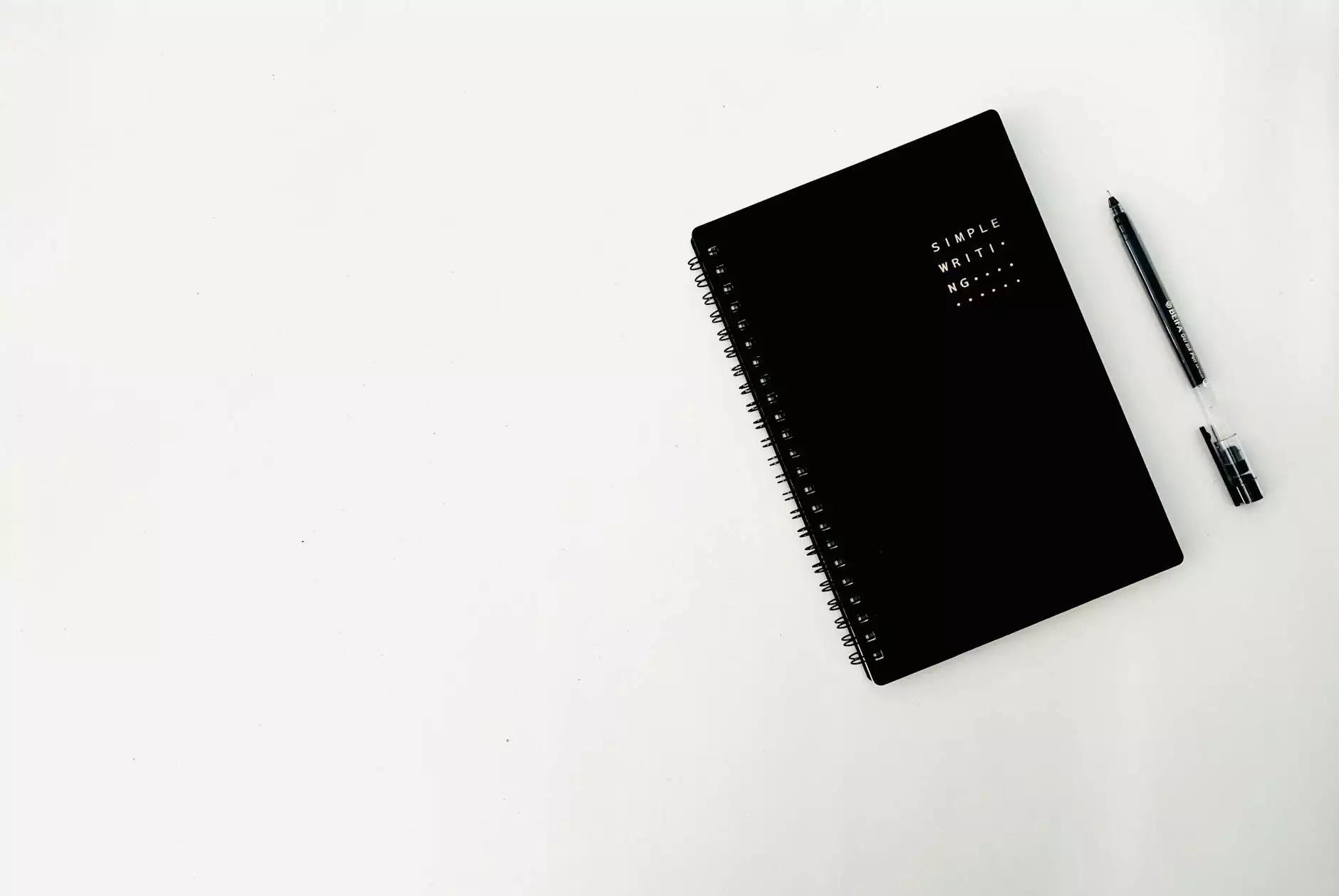Reaction Paper Example: Key Elements And Writing Tips
Book Reports
Introduction
Welcome to The Knowledge Nest, your go-to resource for all things related to reaction papers. In this comprehensive guide, we will explore the key elements and provide valuable writing tips to help you craft an impressive reaction paper. Whether you are a student or a professional, our aim is to equip you with the necessary tools and strategies to produce a high-quality paper that stands out. So, let's dive in!
What is a Reaction Paper?
A reaction paper is a critical analysis of a particular subject or topic, where you express your thoughts, feelings, and opinions. It is a common assignment for students, as it allows them to engage in deeper reflection and showcase their understanding of the material. Through a reaction paper, you can articulate your personal perspective and provide evidence to support your claims.
Key Elements of a Reaction Paper
When writing a reaction paper, there are several key elements that you should consider to ensure a well-rounded and effective piece of work:
1. Clear Introduction
A great reaction paper begins with a clear introduction that sets the stage for your analysis. Provide a brief overview of the subject matter and establish the thesis statement or main argument of your paper. This will guide your readers and give them a sense of what to expect.
2. Summary of the Material
After introducing the topic, provide a concise summary of the material you are reacting to. This can be a book, article, film, or any other source of information. Summarize the main points and key arguments made by the author. Ensure that you do not include personal opinions at this stage; your summary should be objective and unbiased.
3. Personal Reaction
Once you have presented the summary, it's time to express your personal reaction. This is where you can share your thoughts, feelings, and opinions about the subject matter. Be honest and authentic in your response, and provide specific examples or evidence from the material to support your claims.
4. Analysis and Evaluation
Following your personal reaction, delve deeper into the analysis and evaluation of the material. Engage with the content critically and consider its strengths, weaknesses, and overall effectiveness. Use logical reasoning and support your arguments with credible sources or references.
5. Conclusion
Finally, wrap up your reaction paper with a strong conclusion that summarizes your main points and reiterates your thesis statement. Reflect on the insights gained from the material and offer suggestions for further research or discussion.
Writing Tips for an Outstanding Reaction Paper
Now that we have explored the key elements of a reaction paper, let's dive into some essential writing tips to help you produce an outstanding piece of work:
1. Careful Reading
Before diving into writing, ensure that you have thoroughly read and understood the material you are reacting to. Take notes, highlight important passages, and identify key arguments. This will enable you to provide a comprehensive and well-informed analysis.
2. Brainstorming and Outlining
Before starting your paper, spend some time brainstorming ideas and organizing your thoughts. Create a clear outline that outlines your main points and the overall structure of your reaction paper. This will help maintain coherence throughout your writing.
3. Use of Evidence
When expressing your personal reaction, be sure to support your claims with evidence from the material. This could include direct quotes, paraphrases, or specific examples. Evidence adds credibility to your paper and demonstrates your engagement with the source material.
4. Clarity and Conciseness
Ensure that your writing is clear, concise, and coherent. Use simple language to convey your ideas effectively and avoid unnecessary jargon or complex terminology. Keep your sentences and paragraphs focused, ensuring that each contributes to the overall argument of your reaction paper.
5. Proofreading and Editing
Lastly, proofread and edit your reaction paper before submitting it. Check for grammar, spelling, and punctuation errors. Ensure that your ideas flow logically and that your paper adheres to the required formatting guidelines. A polished paper reflects your commitment to excellence.
Conclusion
Writing a reaction paper can be a challenging task, but with the right approach and understanding of the key elements, you can produce a remarkable piece of work. Remember to follow the outlined steps and incorporate our writing tips to enhance the quality of your paper. At The Knowledge Nest, we are committed to providing valuable resources and guidance to help you succeed in your academic and professional endeavors. Happy writing!










